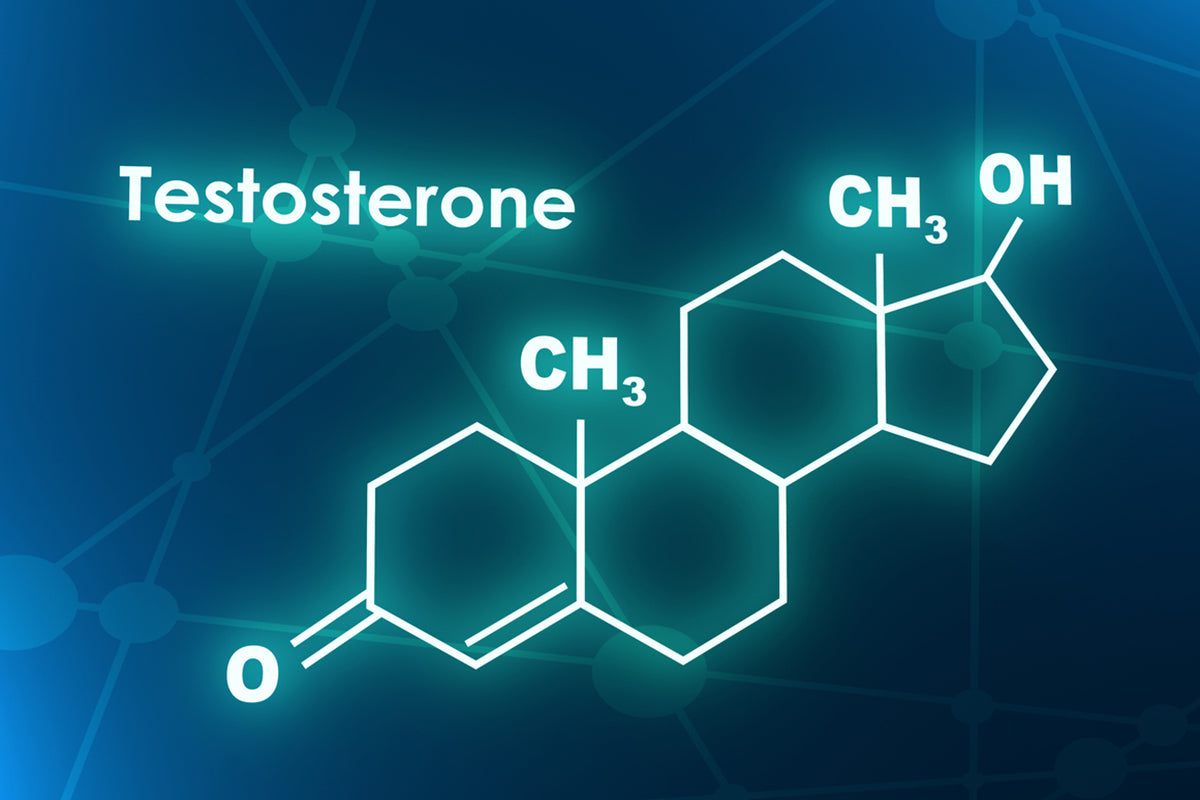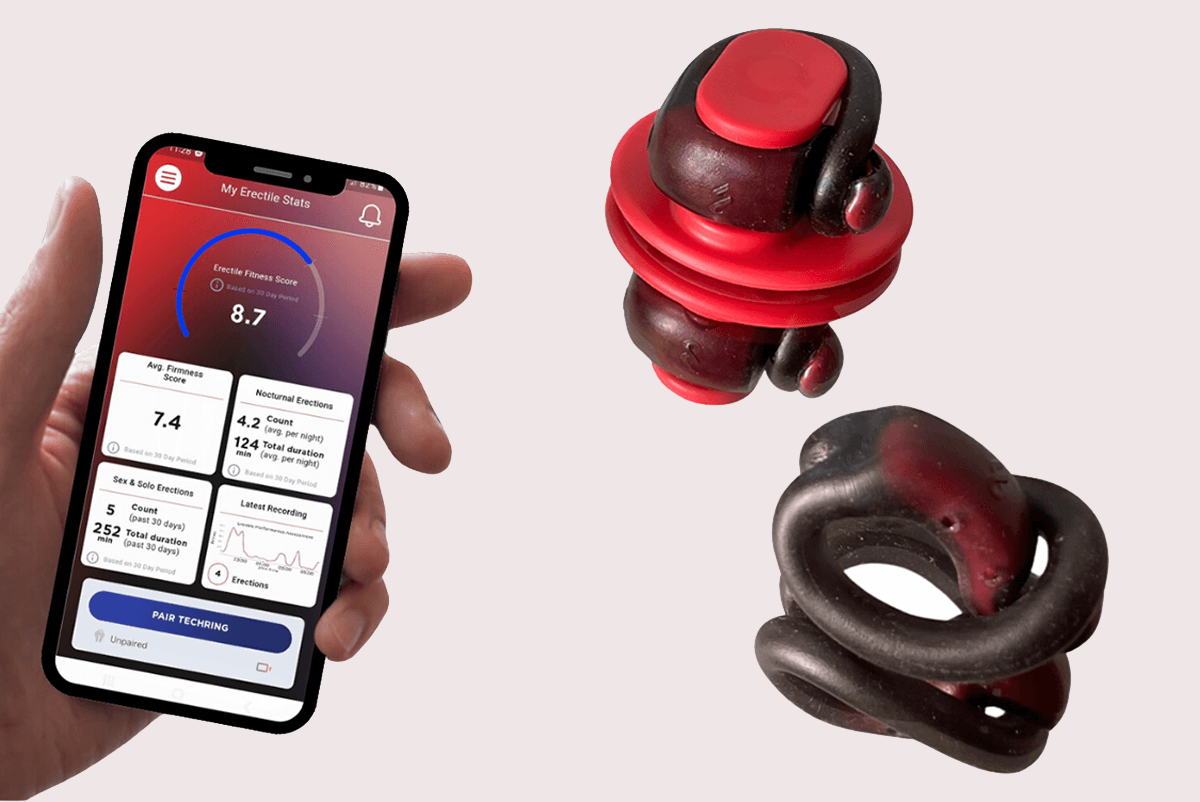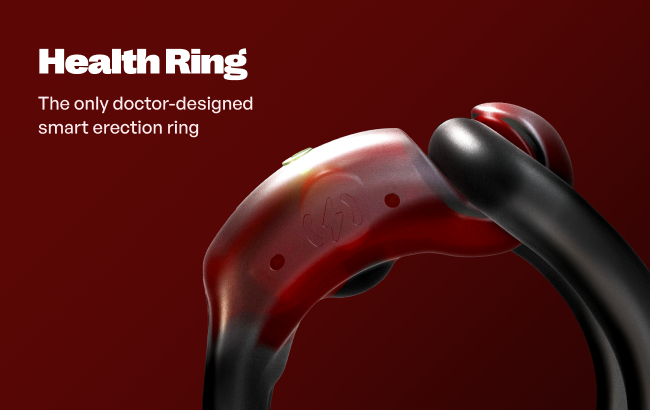What is Testosterone?
Testosterone is a crucial hormone known for its role in sexual health, development of masculine characteristics, and muscle growth. Its significance extends beyond these functions, playing a vital role for women as well. In adolescent men, testosterone is key in changes such as facial and body hair growth, a deeper voice, and the development of genitalia. However, its influence is far-reaching and essential to maintaining the smooth operation of many critical bodily systems.
Understanding the expansive impacts of this hormone is crucial in addressing the ongoing men’s health crisis, the low testosterone epidemic, and andropause.
Determining Your Testosterone Levels
To ascertain your testosterone levels, a blood test is essential. This should include total T, free T and estradiol at a minimum.
Beyond Muscle and Libido: The Broader Impact of Testosterone on Health
While testosterone is famously linked to sexual function and muscle development, its benefits extend much further:
1. Cardiovascular Health
Testosterone significantly affects heart health. According to the Traverse Study, testosterone replacement therapy (TRT) does not heighten the risk of cardiovascular disease, dispelling a long-standing myth. This discovery is critical for men considering TRT who are concerned about possible cardiac side effects.
2. Metabolic Function
Testosterone influences metabolism and can affect body fat levels. Men with low testosterone often face increased body fat and lower muscle mass, contributing to metabolic syndrome.
3. Mental Health
Adequate testosterone levels are associated with improved mood and mental well-being. Low testosterone can cause symptoms of depression, irritability, and fatigue, affecting overall life quality.
4. Bone Density
Testosterone supports bone mineral density, reducing the risk of osteoporosis and fractures, particularly important as men age and natural testosterone levels decline.
5. Cognitive Function
Beyond physical benefits, testosterone contributes to cognitive health, enhancing memory, attention, and spatial abilities, which supports overall brain function.
6. Energy Levels
Adequate testosterone is linked to higher energy levels and less fatigue. Men with low testosterone often feel more tired and less driven.
The Men’s Health Crisis- “The Low Testosterone Epidemic”
A critical fact is the declining testosterone levels in men over the decades. A 2007 study indicated a "substantial" drop in U.S. men’s testosterone levels since the 1980s, declining about 1% annually. Alarmingly, testosterone levels have decreased significantly among younger men. Recent findings show a 20% decrease in levels among adolescent and young adult males, underscoring a growing concern across various age groups.
Modern lifestyles, marked by stress, poor diet, and inactivity, have fueled a widespread decline in testosterone among men, leading to what many experts describe as a men’s health crisis.
New Horizons in Testosterone Replacement Therapy
When lifestyle modifications like diet, exercise, and stress management fall short in combating testosterone deficiency, testosterone replacement therapy (TRT) becomes a vital treatment option. TRT effectively restores healthy testosterone levels, relieving symptoms and boosting overall health.
In the past, TRT involved injections, gels, and pellets, often resulting in inconvenience and discomfort. For men who don’t want to inject themselves regularly, a more appealing option exists: FDA-approved oral testosterone undecanoate capsules. These capsules provide a simpler, less invasive method of managing testosterone levels, making TRT easier to maintain.
Oral testosterone undecanoate capsules are engineered for steady testosterone absorption, minimizing fluctuations common with other delivery methods, thus leading to more consistent and reliable results, enhancing TRT’s overall effectiveness.
Taking Control of Your Health Through Testosterone Optimization
Step 1: Objective Monitoring
Doctors will commonly ask subjective questions before prescribing TRT, such as how is a man’s sleep, energy, and libido. While these are important considerations for diagnosis, men should also objectively assess their sexual health and the status of their strength before and during therapy in order to determine the right dosage. These can both be easily done by using a tape measure around the biceps and pectoral muscles and the TechRing by FirmTech to quantify the number, duration, and strength of nocturnal erections.
The TechRing is revolutionizing how doctors and patients assess and monitor testosterone health. Much like a blood pressure cuff provides critical information for managing hypertension, the TechRing offers valuable insights into testosterone levels and treatment efficacy. It assists individuals in determining both the necessity and appropriate dosage of testosterone therapy.
By providing data collection, analysis, and notifications, the TechRing empowers users to assess their sexual and erectile health before initiating and during treatment, enabling more informed decisions about dosage. Once treatment begins, the device can monitor the impact, helping users and healthcare professionals recognize improvements or necessary adjustments in their regimen. As users progress through their testosterone journey, the TechRing remains a vital tool, providing ongoing feedback that guides both the duration and intensity of therapy. Through this advanced technology, men can actively engage in optimizing their health, ensuring they maintain the vitality and well-being promoted by adequate testosterone levels. It is also a superb erection ring for longer lasting performance and heightened pleasure.
Step 2: Medications
Addressing low testosterone levels is critical, not just for improving quality of life, but also for preventing serious downstream health conditions. With modern TRT options like oral testosterone undecanoate capsules or injections, men now have a convenient and effective way to reclaim their vitality and well-being.




